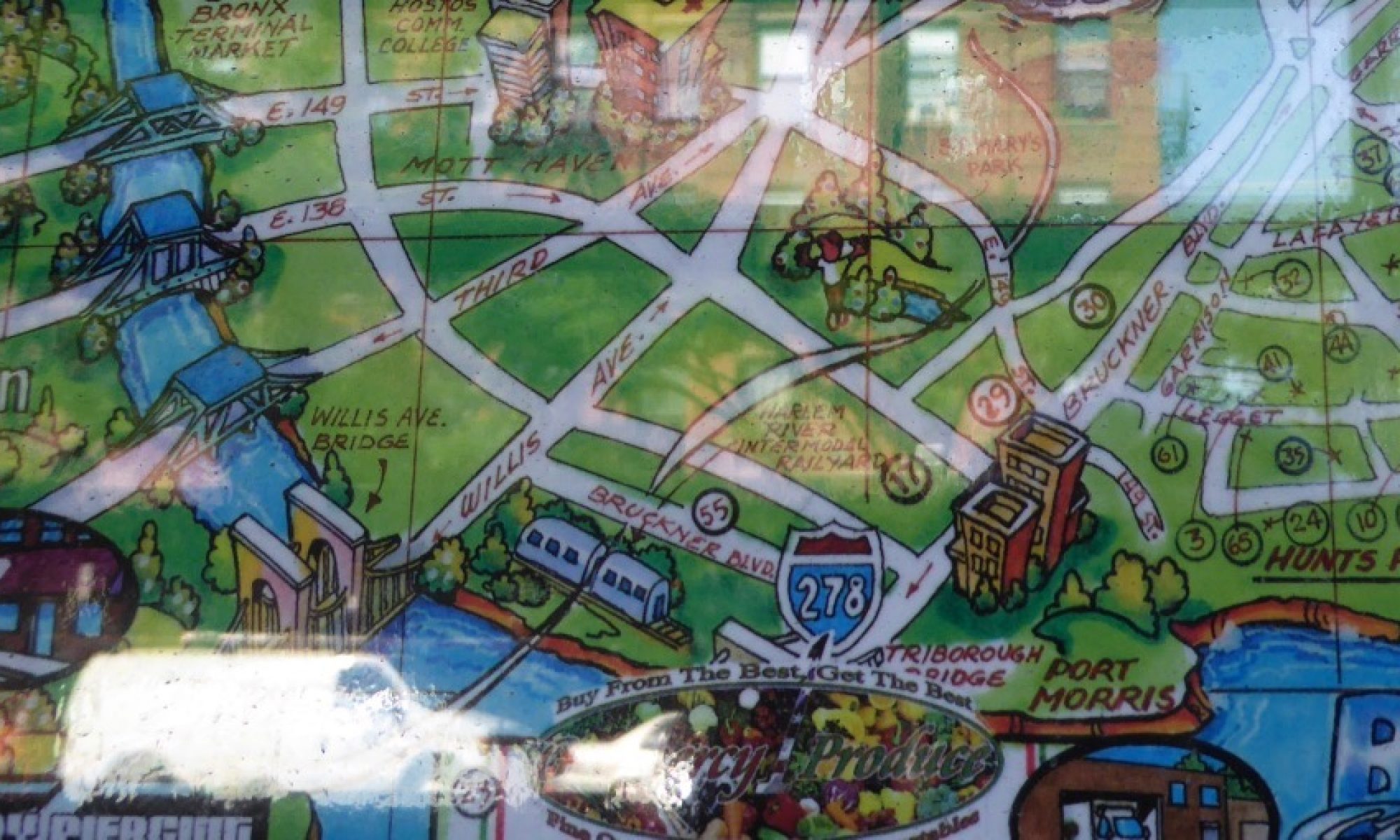Oral history is all of the living ways that people share stories about the past. It includes telling stories around the dinner table, performing stories in public, and also more formal oral history interviews.
What is an oral history interview?
Oral history interviews are different from the interviews we see most often on TV and hear on the radio in several important ways:
- The person being interviewed has more control over the interview – how it is structured and what it is about. Oral history interviewers usually ask open-ended questions, and give the person they’re interviewing a lot of time and space to talk about whatever they want. We know that both the interviewer and the person being interviewed will have things they want to talk about, and believe that both people’s agendas are important.
- The interviewer will often start by asking the person being interviewed to tell about their early life – where they were born, where they grew up, their family, etc. – so that people listening to the interview 50 or 100 years from know who it is that’s telling the history.
- The interviews are often long. They sometimes are recorded in several sessions, and each session is 1-2 hours long.
- The person being interviewed has more control over the way the interview is used. In this project, that means that I will not ask you to sign a legal release form until after the interview is over. The release form I use will allow you to keep the copyright to your interview and also allow others to access and use it. You will also have the option of editing your interview or closing parts of your interview to the public for a period of time.
- Oral histories are archived – this means that the recordings are stored in a public institution where they can be preserved and made available to anyone who wants to use them. The whole interviews are put into the archive – just as they were recorded, unless the person being interviewed requests that changes be made to them. The release you sign will allow an archive to keep the interviews and make them available to the public through the Bronx County Historical Society.
What should I expect if I am interested in being interviewed?
If you are interested in being interviewed, we will probably meet or talk on the phone to discuss the interview process. If we decide to do an interview, we will meet when you have time and start recording your story. We can meet wherever is most comfortable for you – it just needs to be pretty quiet. I will bring an audio recorder and tape the interviews. When we’re done, I’ll ask you to sign a release allowing people to use the interviews, and allowing the archive to preserve and provide access to them. You will keep the copyright and will get a copy of the interview to keep and to share however you’d like.
You and I will work together to decide what to talk about in the interview. Hopefully we can start out by talking about your early life and how you got to the Bronx. Some other topics I’m interested in are:
- your first impressions of Mott Haven
- how you have seen the neighborhood change over time
- your experiences living here
- how you see the neighborhood’s future
And I’m sure once we start talking all kinds of other topics will come up. If you’re interested in being interviewed, or want to suggest someone, send a note!
